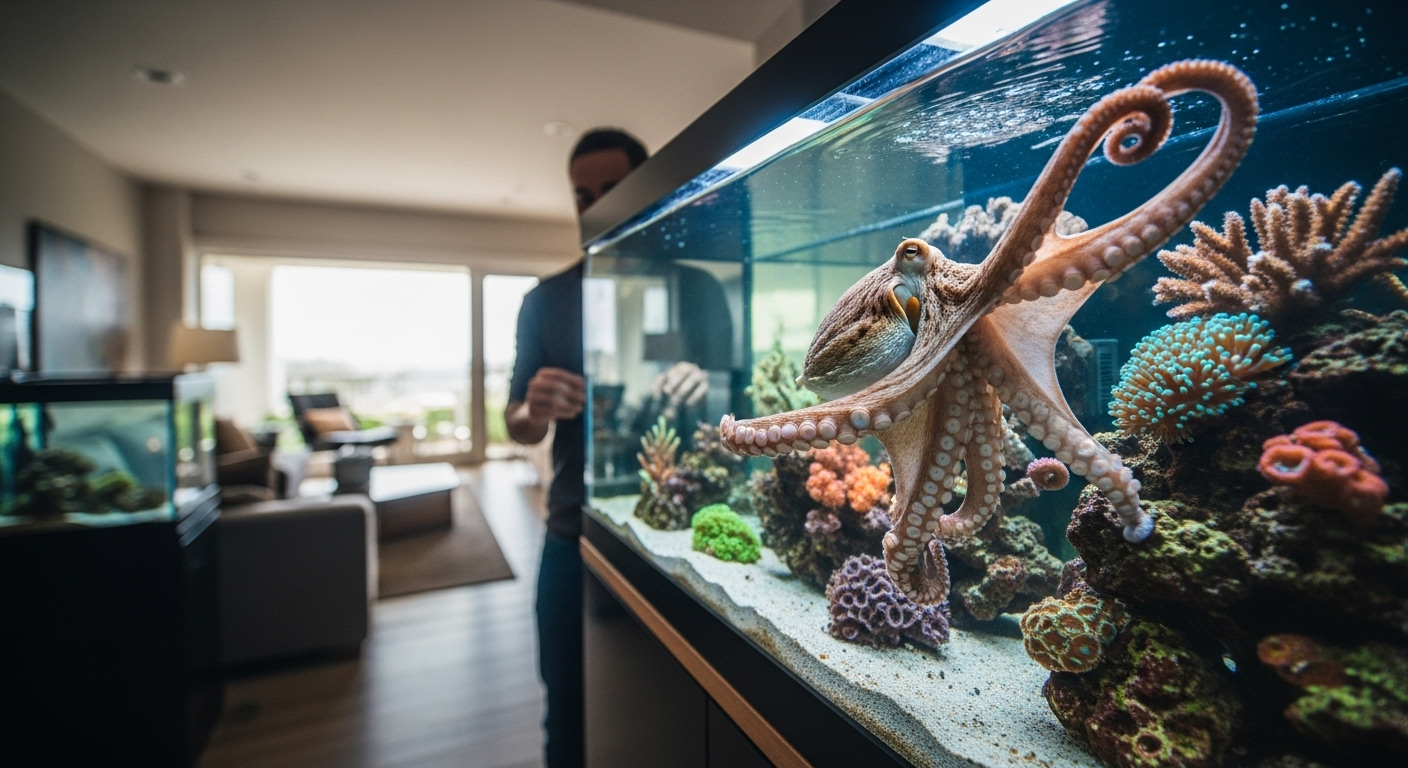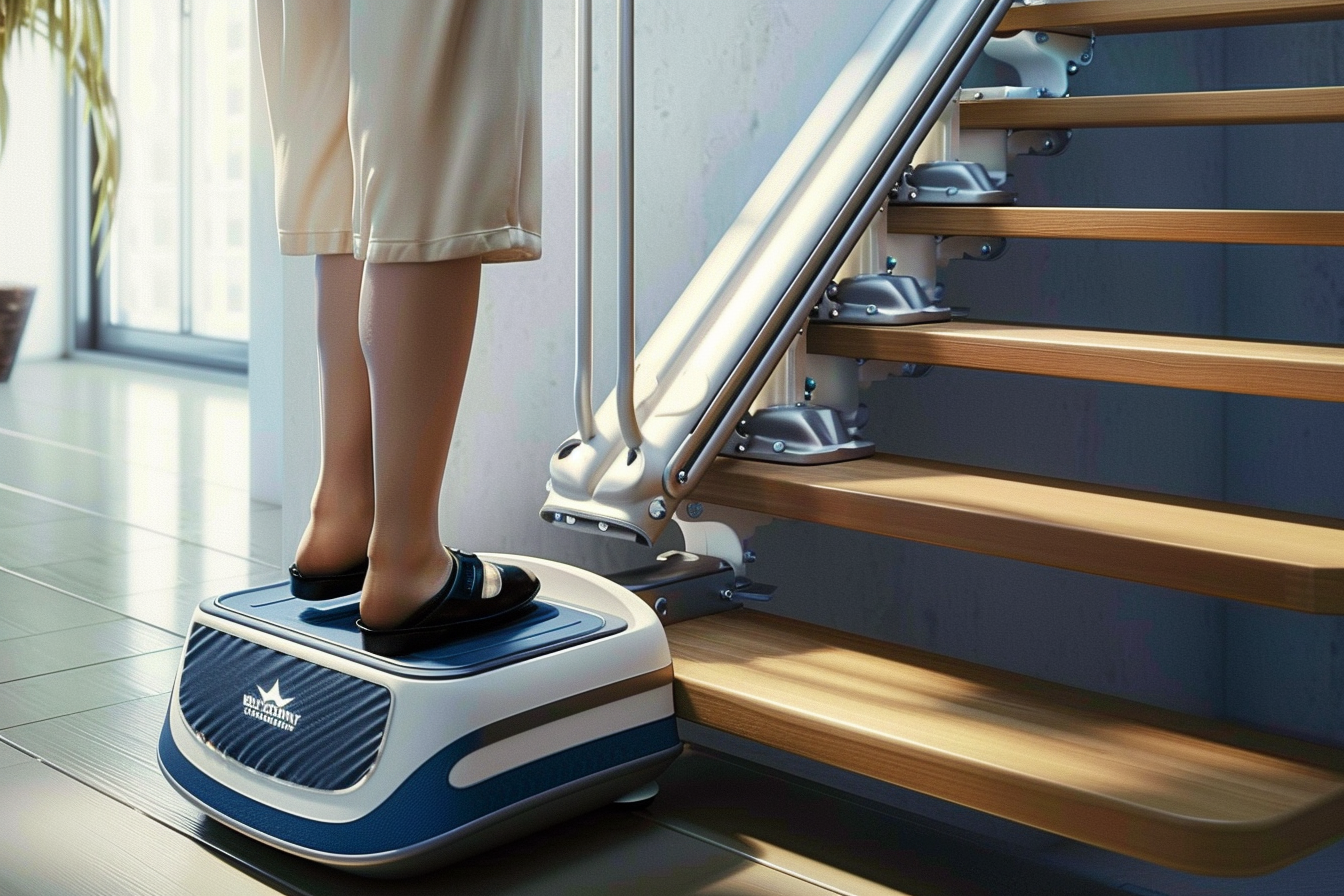A Deeper Look into the Mysterious Lives of Octopuses as Pets
In recent years, keeping octopuses as pets has become an unusual trend among marine life enthusiasts. This article delves into the fascinating world of these eight-legged creatures, exploring their unique behaviors, care requirements, and the debate surrounding their domestication.

Behind the Scenes: The History of Octopuses as Pets
The idea of keeping octopuses as pets may sound novel, but it has been around for decades. It began in the 1960s when marine biologists started studying these creatures in captivity, revealing their intelligence and complex behaviors. However, it was only in the early 2000s when home aquariums became advanced enough to support marine life that the trend gained traction. Today, several species of octopuses are available in the pet trade, with the most common being the Pacific octopus and the dwarf octopus.
The Current Wave: Octopuses in Modern Aquariums
In recent years, the popularity of octopuses as pets has surged, thanks to their unique behaviors and striking appearances. However, keeping an octopus is not for the faint-hearted. These creatures are known for their escape artistry, requiring secure, well-maintained aquariums. They also need specific water conditions, including the right temperature and salinity levels. Additionally, octopuses are carnivorous and require a diet of fresh seafood, which can be costly and time-consuming to provide.
Delving into the Deep: The Costs and Impact of Pet Octopuses
A pet octopus can cost anywhere from $30 for a dwarf species to $100 for a larger Pacific octopus. However, the initial purchase cost is just the tip of the iceberg. The expenses for a suitable aquarium, ongoing maintenance, and a diet of fresh seafood can add up quickly, making octopus-keeping a potentially expensive hobby. This new trend has also sparked discussions among conservationists who express concern about the impact of capturing wild octopuses for the pet trade.
Fact-checking: The Truth Behind Octopus Care
While octopuses are undoubtedly fascinating, they are not easy pets to keep. They require specific water conditions that can be difficult to maintain, and their tendency to escape can lead to unexpected disasters. Furthermore, octopuses are short-lived, with most species living only one to two years. This, combined with their complex care requirements, makes them a challenging choice for inexperienced pet owners.
Making Waves: The Debate on Domesticating Octopuses
The rising trend of keeping octopuses as pets has sparked debate among marine biologists and animal welfare advocates. Some argue that these intelligent creatures belong in the wild, not in home aquariums. Others say that keeping octopuses can contribute to our understanding of these mysterious creatures. However, all agree that prospective octopus owners should thoroughly research and consider the significant commitment involved before taking the plunge.
Keeping an octopus as a pet is undoubtedly an unusual choice, appealing to those who appreciate the unique and the extraordinary. However, it’s a responsibility not to be taken lightly. As our understanding of these fascinating creatures deepens, so too should our respect for their complex needs and wild nature.




